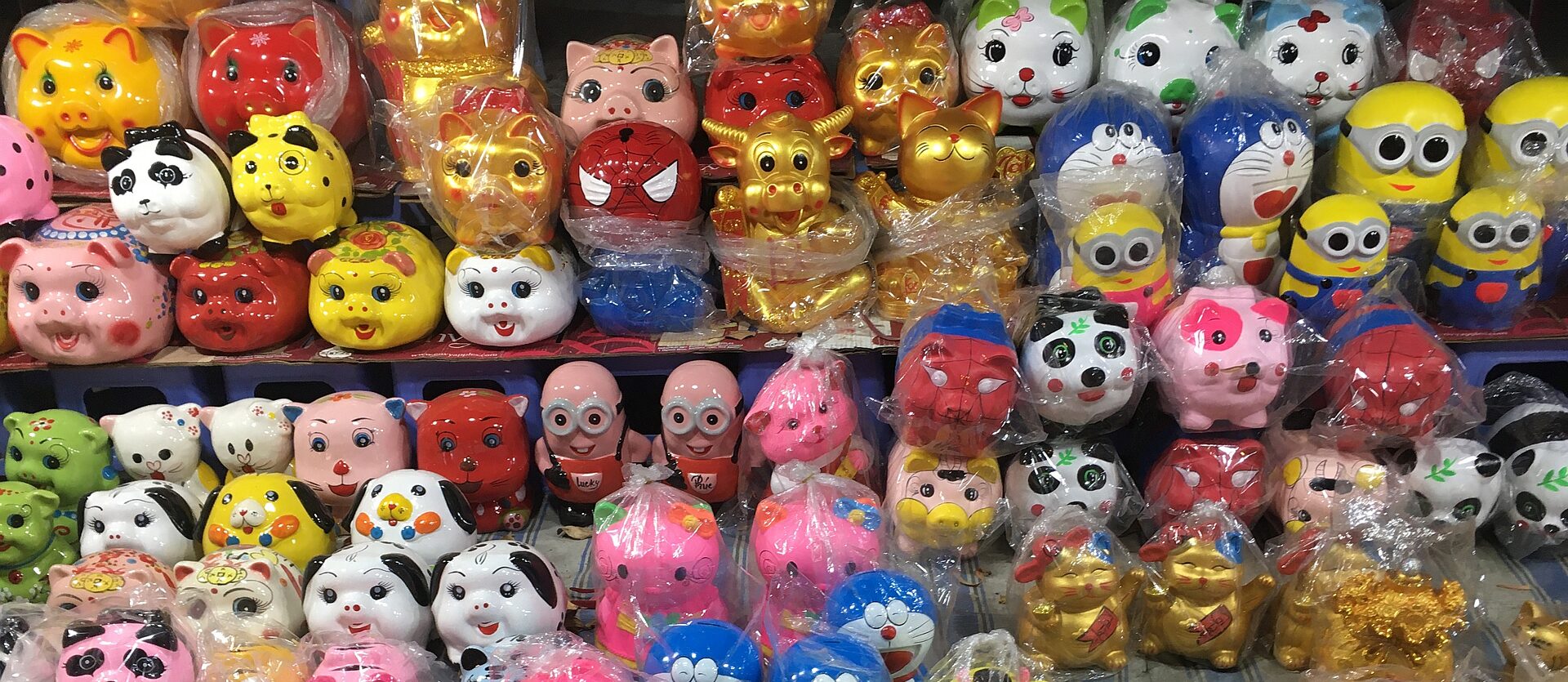Author and entrepreneur Gabriel Yoran has written a humorous book about the frustrating but apparently necessary impositions of everyday life. He shows that technological progress often gives rise to annoying clutter.
Gabriel Yoran begins his book Die Verkrempelung der Welt (The Messing Up of the World) with a confession: “I am my mother.” While biologically impossible, this is emotionally very close to the truth. Like his mother, Yoran is overwhelmed by consumer product design. Specifically, by the touch technology on his new stove. He reacts with helplessness and anger to its user-unfriendliness, including the incomprehensible column of numbers he is supposed to use to regulate the hotplates: “Who came up with this? Why didn’t anyone stand up at some product conference and say, Excuse me, but this is complete nonsense!”
Anyone who regularly attends conferences or meetings knows that nonsense is often accepted without question, especially when it comes from superiors. But Yoran is less concerned with the nonsense of hierarchies than with the system itself. This system is behind the fact that many everyday things are more expensive, more complicated and (in some cases) worse than they used to be, but are nevertheless sold as progress. And that, in turn, has to do with hierarchy – or perhaps more accurately, with power, or more precisely, market power.

© Suhrkamp
Free-Spinning Progress Simulation
Yoran calls it the “tangling of the world”. It is both a process and a state of being – and, of course, a memorable and amusing book title. “Tangling” refers to inferior objects. But Yoran doesn’t just criticise the inferiority of some technical developments, even though they are often – as in the case of the modern cookers mentioned above – clearly less practical than the old solutions (“toggles” or “rotary knobs”), but cheaper to manufacture. He also rails against “free-spinning progress simulation that adds unnecessary complexity to products”.
Yoran does not stop at the truism that high quality and durability are not profitable in our growth-oriented economic system: “A product that remains good over time is a miracle, because it shouldn’t actually exist.” He also explores the question of what constitutes a good product and arrives at the ideas of the German Werkbund, founded in 1907. According to this organisation, industrially manufactured goods should be “simple and functional, durable and practical”. Although the “Alliance Against Trash” still exists today, it has clearly not been able to assert itself.
Yoran does not want to be seen as a dusty critic of capitalism or a reactionary nostalgic. He does not subscribe to the illusion that everything was better in the past. For example, he criticises the retro design chain Manufactum, which advertises with the slogan “The good things still exist” and pretends that pre-industrial manufactured products were fundamentally better than their industrial successors. That is not true, he says, and a return to the future is not desirable either: “No one wants to go back to before the industrial age.”
A multifaceted and witty polemic
The clutter does not stop at material value; the digital world is also full of uncomfortable superfluities. In addition, copyrights are particularly excessively ignored in the digital economy. With the triumph of algorithms and artificial intelligence, the common “Silicon Valley formula of Fake it till you make it has been replaced by Steal it till you own it”. Meanwhile, “customers … have become accustomed to the services of AI chatbots … which have been trained using public texts and images in a manner that is legally questionable, to say the least”.
It is clear from the book that it consists of columns from the online magazine Krautreporter. It is not a systematic treatise, but rather documents Yoran’s “disappointments with everyday things”. In the last chapter, his clever, multifaceted and witty polemic takes up the “last taboo” and reflects on possible criteria for the legitimacy of our needs, but of course he cannot present a solution. It is certainly not a “dictatorship of needs”. Any attempt by politicians to control this leads all too quickly to an outcry in the media and among the population against state paternalism, driven by interested parties. The concept of incessant consumption is too inherent in the system, not only in economic terms, but also on an individual level. Consumption acts as a “compensation for psychosocial deficiencies”.

